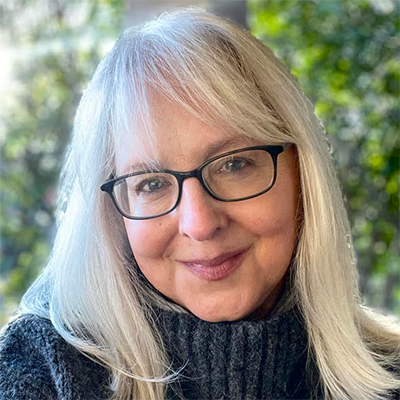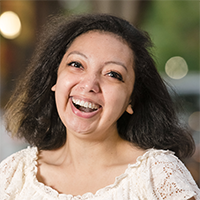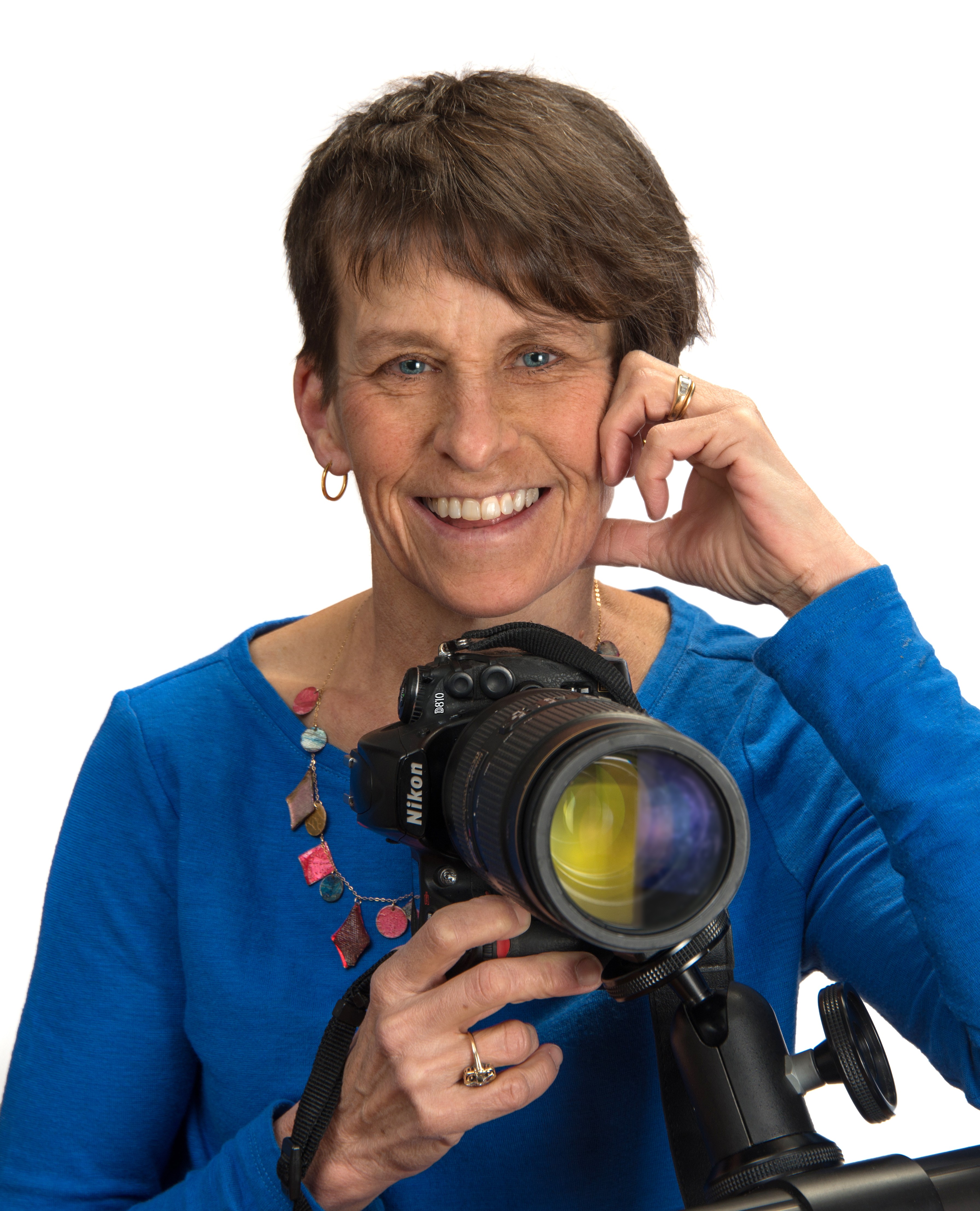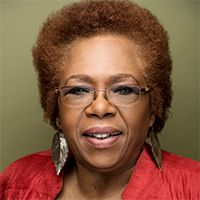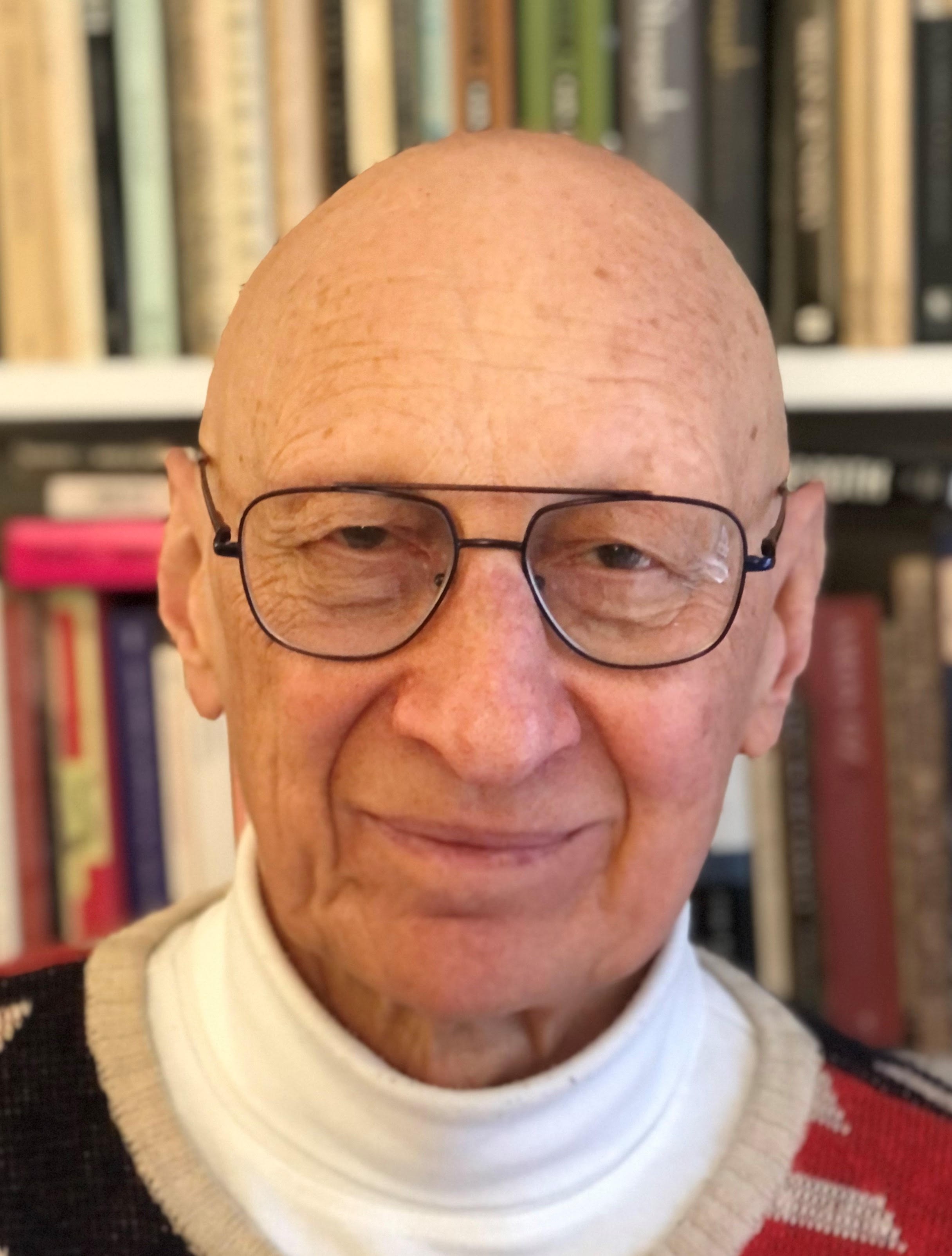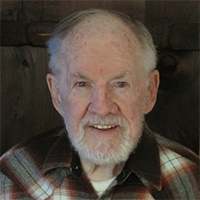North Street Book Prize 2021
Honoring the best self-published books of poetry, children's picture books, art books, graphic novel & memoir, genre fiction, literary fiction, and creative nonfiction & memoir
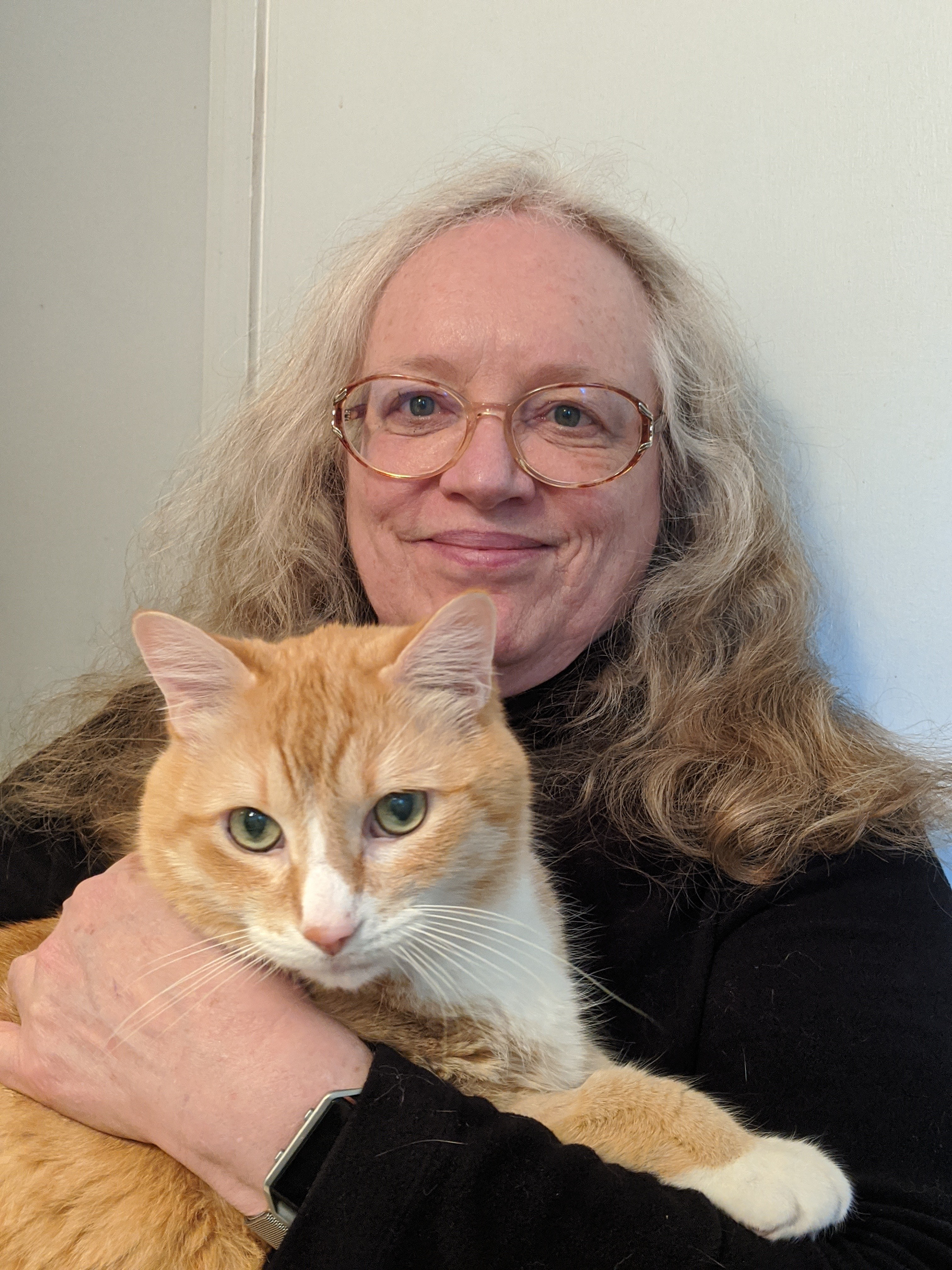
First Prize $1,000 Creative Nonfiction
Leslie Sussan, Choosing Life: My Father’s Journey in Film from Hollywood to Hiroshima
Honorable Mention $250
- Randi Hacker, M Is for Masks, Childrens Picture Book
- Kendra and Claire-Voe Ocampo, Mighty May Won’t Cry Today, Childrens Picture Book
- Deborah A. Fox, The Man Who Beat Death Valley, Graphic Novel and Memoir
- Maya Stein, The Poser, Art Book
- Asome Bide, As Waters Gone By, Creative Nonfiction
- Mack Leonard, All Time, Genre Fiction
- Mark Osaki, Best Evidence, Poetry
Thanks to everyone who entered our seventh annual North Street Book Prize for self-published books. Our categories this year were poetry, genre fiction, mainstream/literary fiction, creative nonfiction/memoir, children's picture book, comics/graphic narrative, and (new for 2021) art book. We received just over 2,000 entries, a record!
We welcomed Sarah Halper, a scholar of English history and literature, as a new first-round screener, joining our experienced judge and social media manager Annie Mydla. They generated a shortlist of about 50 books for final judges Ellen LaFleche and Jendi Reiter. Another of our regular contest screeners, Lauren Singer, helped Jendi narrow down the fiction and nonfiction finalists.
Pandemic-related books naturally made an appearance. With these, we looked for creative approaches to the material that would have relevance beyond this—hopefully not endless!—historical moment. Humor and warmth were plus factors, as was awareness of the unequal ways the pandemic affected different demographics.
Another recurring theme that intrigued us was the struggle over how to narrate contentious historical events. Control of the storyline is control over the future. Regimes make themselves seem inevitable by suppressing evidence of oppression and resistance. Our winners gave us compelling case studies of these dynamics, in situations ranging from the Spanish Civil War to a natural disaster in Cameroon.
The right length for a poetry book is like the right amount of food for a meal. The reader should feel satisfied, but not bored by a big helping of something that's all the same. Work written in response to famous authors or artists can give refreshing new insights, but don't rely on epigraphs or quotations to do your poem's heavy lifting. To use an example from a different genre, we liked Maya Stein's art book The Poser because its loose impromptu adaptations of contemporary portrait paintings were sufficiently transformative to tell us something about both the original artist and the creator of the photographic imitation.
Don't spend thousands on self-publishing, only to skimp on that last round of proofreading. We had to overlook our distaste for typos because some of your stories were so strong, but it was a near thing. A great book with editing errors is like a beautiful song with wrong notes. Too many moments of dissonance will make the reader give up. Spelling and grammar mistakes in a children's book were an automatic No because they would mislead beginning readers.
Genres with visual elements—children's book, art book, and graphic narrative—require extra planning to make all the pieces harmonize. You might be an excellent artist, but designing a book to showcase that art is a separate skill. Too-small typefaces were a persistent problem for the art books, which is even less excusable because these were generally oversized books with sufficient blank space available for a bigger font. Choose legibility over aesthetics. I don't care how pretty that pastel background color is; if you print light-colored type over it, I can't read it. A surfeit of words in a graphic novel is both a legibility problem (because the font has to be small to fit in the speech bubbles and captions) and a waste of the potential of the visual format.
Our Winners
Grand Prize winner C. Vargas McPherson's Inheriting Our Names is a lyrical memoir with magical-realist elements, reconstructing her grandparents' lives as a young working-class leftist couple in Sevilla during the Spanish Civil War. Subtitled "An imagined true memoir of Spain's pact of forgetting," the book eloquently delineates how fascism establishes itself by silencing historical memory.
Children's Picture Book winner My Pants by Nicole Kohr is a funny and heartwarming story about an autistic little girl with a special interest in fashion. This colorful tale does double duty as a primer for parents on how to advocate for their neurodivergent child. Honorable Mention Randi Hacker's COVID alphabet book M Is for Masks is that rare unicorn of a children's book written in verse that scans well, with natural-sounding rhymes—in addition to being a timely and even upbeat guide to keeping ourselves healthy. We gave out an extra Honorable Mention to Mighty May Won't Cry Today by Kendra and Claire-Voe Ocampo, a brightly illustrated story about braving the first day of school.
Graphic Narrative winner Ryan Poirier's The Herd is a light-hearted and absurd addition to the superhero genre, set in a city of humanoid animals where a mishap at the fruit juice factory has given our not-too-bright protagonists some special powers. Honorable Mention went to Deborah A. Fox's The Man Who Beat Death Valley, a historical nonfiction adventure about 19th-century homesteaders braving hardships on the way to the California Gold Rush.
Our first-ever Art Book winner was Jan Regan's #porchportraits, a sensitive photo essay about families in Geneva, New York responding to the first months of COVID lockdown and the Black Lives Matter protests of 2020. Regan's entry stood out from similar-themed books because of its clean, attractive design, the diversity of its portrait subjects, and thoughtful photo-composition choices that highlighted the claustrophobia and homespun creativity of those strange days. Honorable Mention winner Maya Stein's The Poser was another variation on the shelter-in-place theme, showcasing her re-enactments of artworks she found on Instagram with cleverly improvised props from household objects.
Creative Nonfiction winner Leslie A. Sussan's illuminating memoir Choosing Life: My Father's Journey in Film from Hollywood to Hiroshima chronicles the late Herbert Sussan's life-altering experiences as a Defense Department cinematographer filming the aftermath of the atomic bomb, and his daughter's pilgrimage to Hiroshima in 1987-88 to complete the exposé he was never allowed to share. Honorable Mention went to Dr. Asome Bide for As Waters Gone By, about the personal and political aftermath of a devastating landslide in June 2001 that killed his mother-in-law and seven other relatives back in Cameroon.
In a first for Winning Writers, we awarded two Literary Fiction first prizes because we simply could not decide between these emotionally resonant and satisfyingly plotted tales. Delores Lowe Friedman's Wildflowers is a multi-layered, intimate novel that follows a decades-long friendship among three Black women in New York City. This story celebrates the power of women's bonds, but also shows how intimacy can be shattered by projected insecurities. Ian Strasfogel's Operaland is a comical romp about a middle-aged Midwestern car salesman who becomes a world-class Wagnerian tenor. Well-researched and full of love for the hardworking eccentrics of the theater world, it's a book about following your dreams and coping with the changes that success brings, both good and bad.
Genre Fiction winner Tim Stickel's historical mystery Special District: Harbin follows a young half-Korean, half-Russian policeman in 1929 China as he investigates his first major homicide case. Honorable Mention went to Mack Leonard for All Time, a speculative fiction romance between a painter's apprentice in 11th-century Britain and the 24th-century teenager who is accidentally teleported into his village.
Poetry winner Thomas Sheehan's The Saugus Book is a mature collection of narrative poetry about the Korean War and working-class life in the Northeast. Straightforward but not merely colloquial, his language is rich with emotion tempered by self-restraint. Honorable Mention went to Mark Osaki's collection Best Evidence, a pensive, resonant series of poems about Asian-American manhood, family life, and war.
We would like to recognize and encourage these finalists:
Children's Book
Emily Merrell, Whirl of a Girl
A.K. Neer, I Wish I Were a Unicorn
Michele D. Smith, Thank You God
Graphic Narrative
Ruthie Godfrey, Love at Work
Christopher Kezelos, Zero: The Beginning
Art Book
Mark Perrott, Tattoo Witness
Joel Simpson, Earthforms
Creative Nonfiction
Marilyn Jody, Letter to Emily
Mainstream/Literary Fiction
Robert Froese, A Dark Music
Lorraine Gow, Black Women with Tamales
Genre Fiction
John Marc Anderson & Glen Michael Cannon, The Legend of the Magpie King
Max Newgate, Underbed
Poetry
Reinfred Addo, The Dedicadas
Emerson Gilmore, It Looks Like What I'll Take to My Grave
Read our press release about the winners. Read about our current contest.
Contest Judges
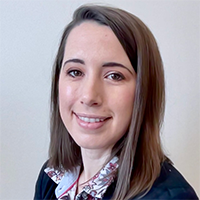
Annie Mydla
Annie Mydla is the managing editor of Winning Writers. Born in Boston in 1989, she moved to Poland at the age of twenty-seven, where she now lives full time. Annie has critiqued over 600 full-length books and manuscripts through her work with the Winning Writers critique service and the North Street Book Prize, and read over 8,000 self-published books as a North Street assistant judge. She and her team deliver North Street judging feedback to approximately 1,500 authors per year. Annie oversees a staff of five in Poland, coordinates contest administration and customer service, and helps maintain the Winning Writers website. She is a literary scholar and writer. Check out her Winning Writers blog posts on writing craft and industry success. Outside of work, Annie is the founder and facilitator of Autistic Women's Group (est. 2021) and the editor of its journal for literary, visual, and audio art, AWG Shares Magazine.
Contest Judges

Sarah Halper
Sarah Halper is an assistant judge of our North Street Book Prize and our Tom Howard/John H. Reid Fiction & Essay Contest. She earned her undergraduate degree in English History and Literature at Harvard and her graduate degree at The MFA Program for Writers at Warren Wilson College.
Contest Judges
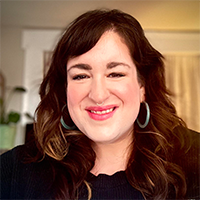
Lauren Singer
Lauren Singer is an assistant judge of our Wergle Flomp Humor Poetry Contest and a past judge of our Tom Howard/John H. Reid Fiction & Essay Contest and North Street Book Prize. She is a native New Yorker living in Western Massachusetts. Her poetry has been published in Nerve House, Bareback, Feel the Word, Read This, Kosmosis, One Night Stanzas, and other literary magazines across the country. An attendee of the New York State Summer Writers Institute, she is a graduate of Bard College at Simon's Rock and received her MSW at the University of Chicago in 2015. She has self-published three chapbooks and received an honorable mention in the 2011 Wergle Flomp contest. Her poetry book Raised Ranch was published by Game Over Books in 2025. In addition to her creative interests, Lauren works as a sex and relationship therapist and runs a private practice out of Northampton, MA. She prides herself on her wealth of useless pop culture knowledge, namely of nineties R&B lyrics, and she can pretty much quote "The X-Files".
Contest Judges
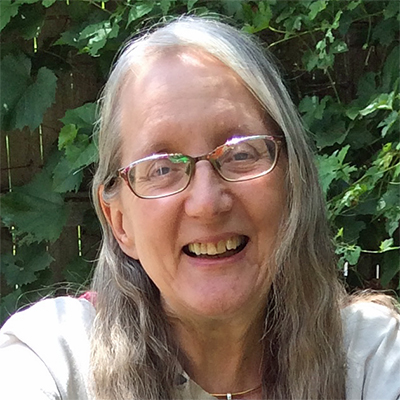
Ellen LaFleche
Ellen LaFleche is a past judge of our North Street Book Prize. She has worked as a journalist and women's health educator in Western Massachusetts. Her manuscript, Workers' Rites, won the Philbrick Poetry Award from the Providence Athenaeum and was published as a chapbook in 2011. Another chapbook, Ovarian, was published in 2011 by the Dallas Poets Community Press, and a third chapbook, Beatrice, about a semi-cloistered nun, was published in 2012 by Tiger's Eye Press. Her poems have been published in Spoon River Poetry Review, Hunger Mountain, New Millennium Writings, The Ledge, Alligator Juniper, Many Mountains Moving, Harpur Palate, Southeast Review, and Naugatuck River Review, among many others. Prose credits include her 2014 Daily Hampshire Gazette article "Taken too soon, at 65: My husband John Clobridge's final days with ALS". She also reviews books for Wordgathering, the online journal of disability poetics. She has won the Ruth Stone Poetry Prize, the New Millennium Poetry Prize (shared with Jim Glenn Thatcher), the DASH Poetry Journal Prize, the Poets on Parnassus Prize for poetry about the medical experience, second prize in The Ledge Poetry Awards, and the Editor's Choice Award for Poetry from Writecorner Press.
Contest Judges

Jendi Reiter
Jendi Reiter is vice president of Winning Writers, editor of The Best Free Literary Contests, and oversees the Winning Writers literary contests. Jendi is the author of the novel Origin Story (Saddle Road Press, 2024), the short story collection An Incomplete List of My Wishes (Sunshot Press, 2018), the novel Two Natures (Saddle Road Press, 2016), the poetry collections Introvert Pervert (The Word Works, 2026), Made Man (Little Red Tree Publishing, 2022), Bullies in Love (Little Red Tree Publishing, 2015), and A Talent for Sadness (Turning Point Books, 2003), and the award-winning poetry chapbooks Swallow (Amsterdam Press, 2009) and Barbie at 50 (Cervena Barva Press, 2010). Awards include two Massachusetts Cultural Council Artists' Grants for Poetry, the 2016 New Letters Prize for Fiction, the 2016 Rainbow Award for Best Gay Contemporary Fiction, the 2015 Wag's Revue Poetry Prize, the 2013 Little Red Tree International Poetry Prize, the 2012 Betsy Colquitt Award for Poetry from Descant magazine, the 2011 James Knudsen Editor's Prize in Fiction from Bayou Magazine, the 2011 OSA Enizagam Award for Fiction, the 2010 Anderbo Poetry Prize, and second prize in the 2010 Iowa Review Awards for Fiction. Jendi's work has appeared in Poetry, The New Criterion, Mudfish, Passages North, Cutthroat, Best American Poetry 1990, and many other publications. See their interview in RoundPier.







